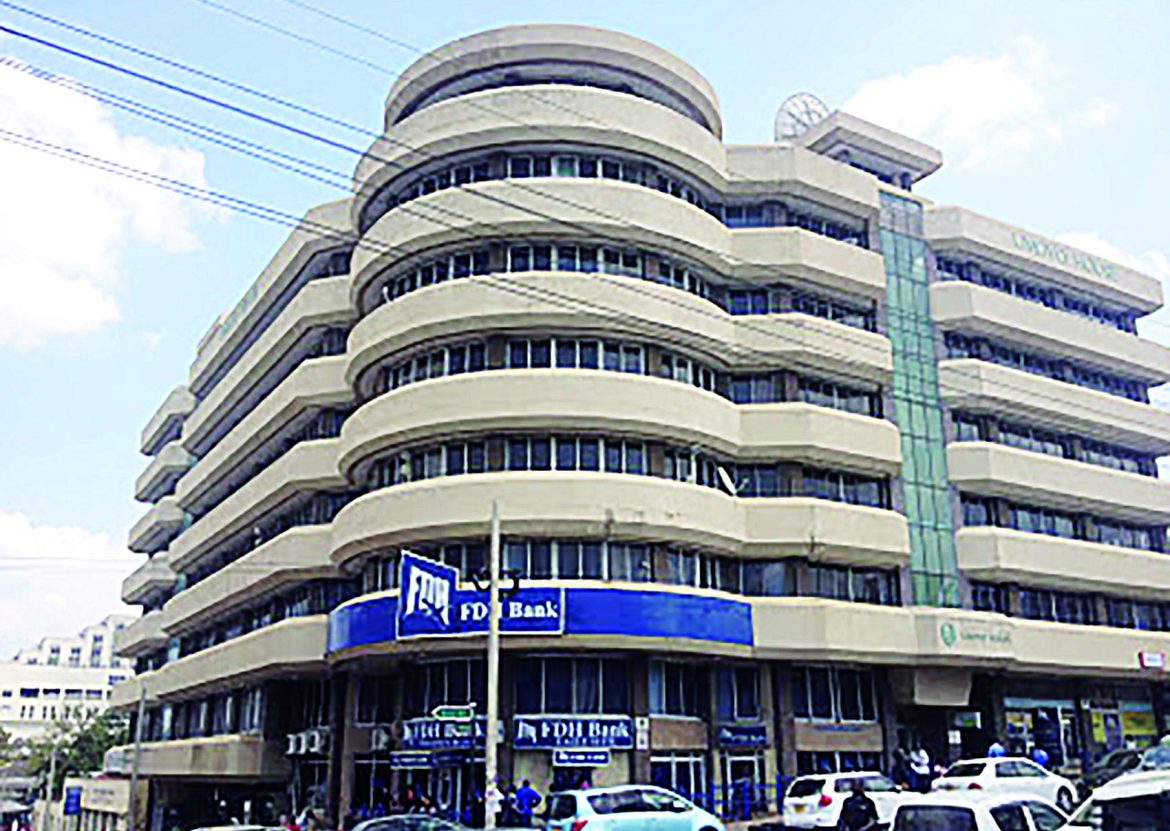FDH Bank plc has announced major success with its Salama Banking product, Malawi’s first Islamic banking window, just one year after its launch. According to the bank, the service has attracted thousands of customers and processed transactions worth billions of kwacha. Due to high demand and positive reception, the product will now be expanded beyond the initial three branches in Limbe, Mangochi, and Lilongwe to all branches across the country.
Kawawa Msapato, the Head of Corporate Banking at FDH Bank, said this during a business breakfast meeting held in Lilongwe. The event was organised to engage customers, collect feedback, and explore ways to improve and expand Salama banking.
Mr Msapato said the bank’s decision to introduce Islamic banking came after thorough market research which revealed a gap in the financial sector. He explained that although the bank believed in the potential of the product, they were unsure how the public would react to something new and different from conventional banking services.
He said the feedback from clients had been encouraging, and the decision to go nationwide shows the bank’s confidence in the future of Islamic finance in Malawi. Salama banking follows Islamic principles, including the ban on interest (riba), and supports profit-and-loss sharing between the bank and customers.
At the same event, Sheikh Ibrahim Lethome, Chairperson of the Chavah Advisory Committee for FDH Salama, said the experience so far has been exciting. However, he pointed out that the growth of Islamic banking in Malawi depends on proper training for bank employees. He said staff need the right skills and understanding of Shariah-compliant finance to serve clients effectively.
Sheikh Lethome, who is from Kenya, said Malawi must also work on legal reforms. He explained that if Islamic finance is to work well, there should be laws to resolve disputes based on Islamic banking principles. He said countries like Kenya have already taken such steps and now operate three full Islamic banks. According to him, Malawi could do the same if local banks use Islamic banking windows like Salama to build capacity and public trust.
The Secretary of the Chamber for Small and Medium Businesses Association, James Chiutsi, told journalists that Islamic banking has come at the right time. He said many businesses in Malawi have struggled for years due to high interest rates on loans. Mr Chiutsi believes Salama banking could offer an alternative that helps entrepreneurs grow without the heavy burden of interest.
Patrick Mhango, Executive Director for Regulation at the Reserve Bank of Malawi, said the central bank supports the development of Islamic finance in the country. He stated that the government’s policy is to create an environment where the private sector can offer Shariah-compliant financial products safely. He assured the public that steps are being taken to ensure the system works within proper rules.
Sheikh Alhaj Twaibu Lawe, General Secretary of the Muslim Association of Malawi, thanked FDH Bank for introducing Islamic banking. He said many Muslims in the country had been unable to use banking services that align with their religious beliefs. Now, he said, Salama banking gives them a chance to save and invest in line with their values.
Economic expert Alick Nyasulu was quoted saying that while Islamic banking may not be easy to implement, it is a useful option worth exploring given the high cost of borrowing in Malawi. He said the country should study how other African nations have introduced Islamic finance and learn from their experiences.
Islamic banking, also called Islamic finance, is based on Shariah law. It prohibits charging interest and promotes ethical investments. Instead of interest, banks make profit by sharing in the risks and gains of business ventures. The system also avoids financing activities considered harmful or unethical, such as alcohol, gambling, and weapons.
Other African countries like Nigeria, Kenya, South Africa, Senegal, Morocco, Uganda, and Djibouti have already created legal frameworks to support Islamic finance. This has allowed commercial banks in those countries to offer a variety of Shariah-compliant services to their populations.
Meanwhile, Dalmin Omar Idruss, a member of the FDH Islamic banking committee, said Salama banking should not be viewed strictly through a religious lens. He said Islamic finance can benefit everyone, regardless of their religion, because it focuses on fairness, partnership, and shared responsibility between the bank and the client.
With FDH Bank now taking Salama banking nationwide, more Malawians will have access to alternative banking solutions designed to support ethical investment and fair financial practices.
